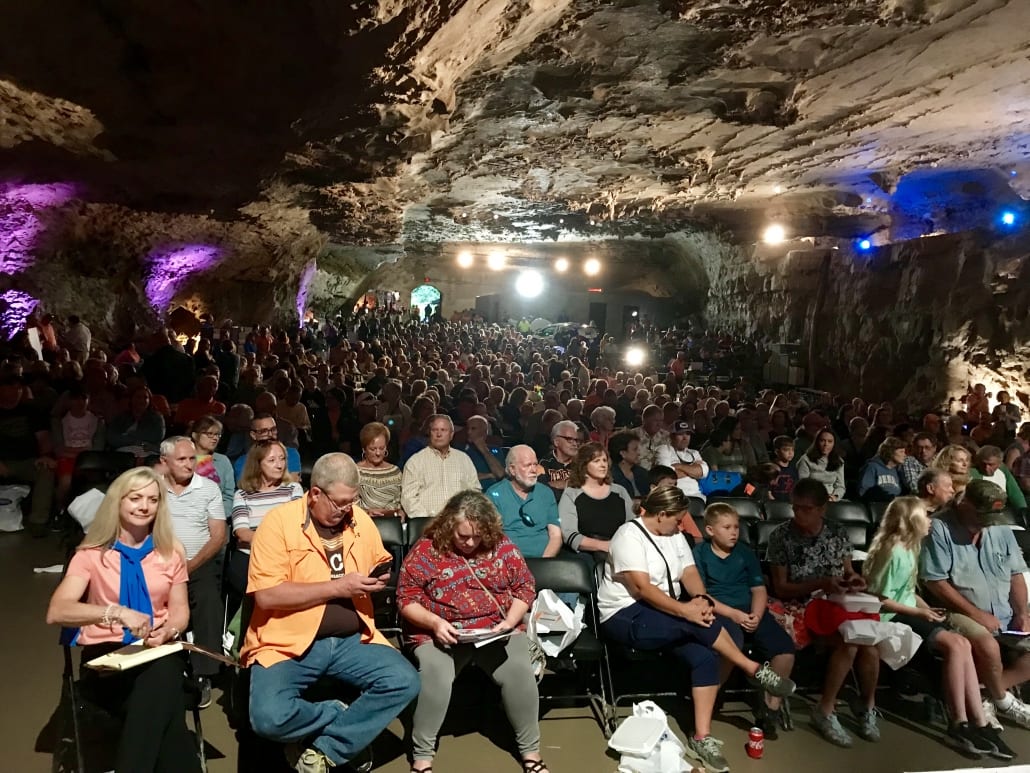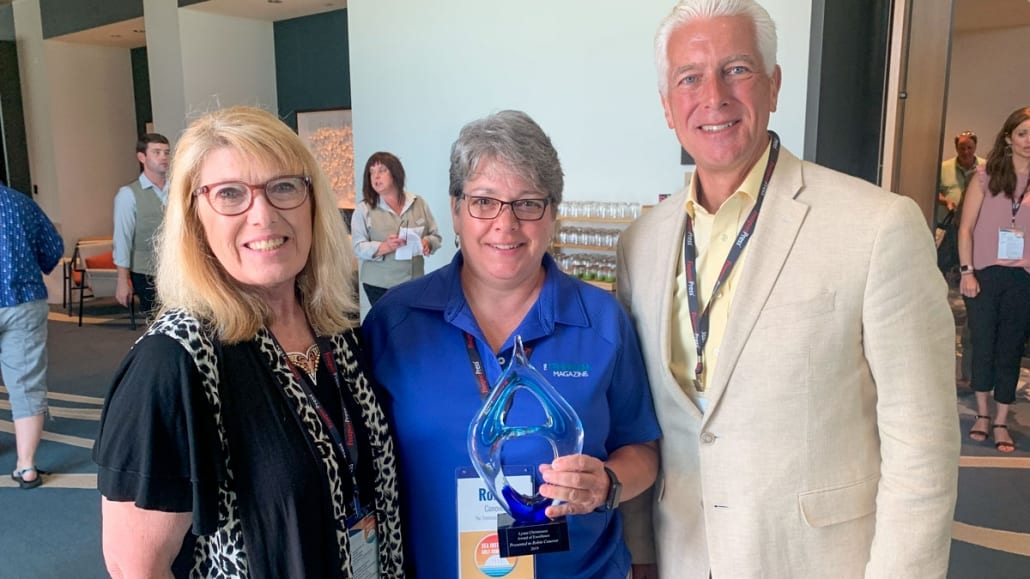Nashville, TENN. – More than 400 electric co-op employees participated in the 2020 Tennessee Electric Cooperative Day of Service on Thursday, Oct. 15. Twenty-six individual service projects were completed across the state with 422 employees from 12 electric co-ops volunteering more than 800 hours in service to their local communities. This year’s projects included food and clothing drives, landscaping and various efforts to support healthcare providers and educators.
“Electric co-ops serve their communities every day by keeping the lights on, but the Day of Service takes it a step further,” says Trent Scott, TECA’s vice president of corporate strategy and organizer of the event. “It has been a difficult year, and co-op employees truly care about the places that they live and work. Their compassion was demonstrated through the innovative projects completed this year.”
Sponsors for the 2020 Day of Service were Bass, Berry and Sims, Silicon Ranch, National Rural Utilities Cooperative Finance Corporation, CT Consultants, Magellan Advisors, HomeServe and The Tennessee Magazine.
In the four-year history of the Day of Service event, 1,458 employees have volunteered more than 3,900 hours to complete 101 individual projects in co-op communities across the state.
Co-ops participating in the 2020 Day of Service and the projects they completed were:
- Chickasaw Electric Cooperative – assisted with the Fayette Cares Food and Toy Drive
- Cumberland Electric Membership Corporation – organized a virtual food drive for Second Harvest Food Bank
- Fayetteville Public Utilities – delivered gift bags to residents in local assisted living and nursing facilities
- Fort Loudoun Electric Cooperative – organized a food drive for local charities
- Gibson Electric Membership Corporation – organized a school supply drive for Trimble Elementary School in Dyer County
- Holston Electric Cooperative – delivered Meals on Wheels for residents in Hawkins County
- Meriwether Lewis Electric Cooperative – organized food drives in Hohenwald, Linden, Waverly and Erin and constructed and installed a “Blessing Box” at the co-op’s Centerville office
- Middle Tennessee Electric Membership Corporation – provided lunch for teachers in Rockvale, landscaping for a nonprofit in Murfreesboro, and assistance to a food bank in Smyrna
- Pickwick Electric Cooperative – assisted the Jesus Cares Thrift Store and packed and delivered meals for a local backpack program
- Tennessee Electric Cooperative Association – provided lunch to healthcare workers in the COVID-19 and burn units at Vanderbilt University Medical Center
- Sequachee Valley Electric Cooperative – provided lunch for health departments in Marion, Grundy, Sequatchie and Bledsoe counties
- Volunteer Energy Cooperative – donated food to food banks and a back pack program serving Polk, Meigs, Hamilton, Monterey and White counties
In the photo: Volunteer Energy Cooperative employees donated food to nonprofits serving local communities



